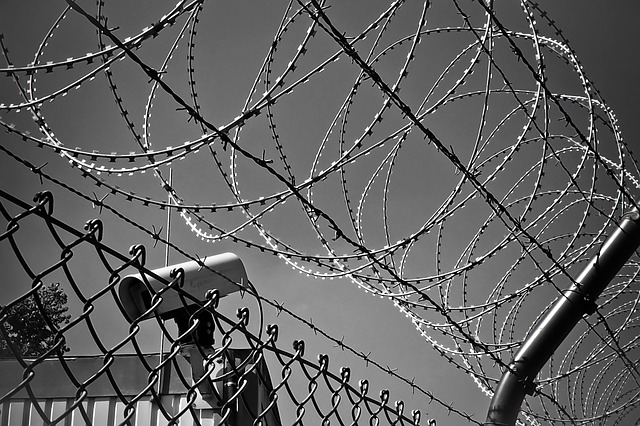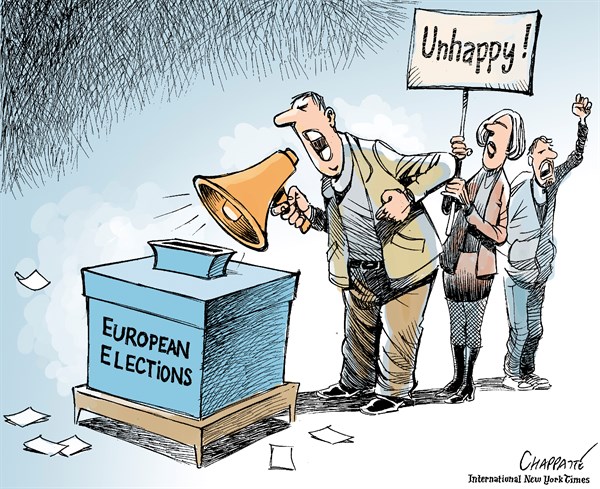POLITHEOR
European Policy Network
migration
- Home
- migration

The invisible workers1
- Human Rights and Migration, Op-ed
- 01/09/2020
The COVID-19 pandemic brought social, economic and health consequences for migrant seasonal workers, increasing social inequalities and worsening their already precarious working conditions.
READ MORE
Japan is opening its door to migrants1
- Human Rights and Migration, Op-ed
- 05/09/2018
For a long period of time Japan has been one of the world’s most homogenous countries; and even today only 2% of the population is foreign born. This is especially unusual given that large GDP countries like Japan generally tend to attract immigrants. But lately there is more and more evidence that their migration policies are finally going to be changed.
READ MORE
Childhood is not a crime0
- Human Rights and Migration, Op-ed
- 26/07/2018
The US government is manipulating migrants by not bringing their children back. How is it possible that children became a blackmailing tool?
READ MORE

When you’re a country, size matters0
- Human Rights and Migration, Op-ed
- 24/03/2017
Recently, media and people all around the world have been paying a lot of attention to migration and asylum policies of countries such as Germany, France, Canada or the United States. Some decisions of leaders of big countries have sparked outrage, while others were met with enthusiasm. But the one thing they had in common was that people heard about them. Smaller countries, on the other hand, often manage to push through controversial legislation without gaining much attention. This is why this piece puts a spotlight on the migration legislation in Slovenia, a European country currently hosting 252 asylum seekers.
READ MORE
European Elections and Migration: what we’ve learnt – and what to expect0
- Human Rights and Migration, Op-ed
- 10/03/2017
Dealing with the legacy of 2016, 2017 started off as a very uncertain year. Adding to this, four of the founding countries of the European Union will have to go through general, presidential and federal elections. As the optimistic predictions on Brexit and the US went terribly wrong, it is now time to consider what could happen if populism won.
READ MORE
Afghanistan – a safe third country?0
- Human Rights and Migration, Op-ed
- 13/12/2016
Recently the EU and the government of Afghanistan signed a readmission agreement, a deal made ‘migration sensitive’ as it transpires from an EU Restricted Country Fiche proposing possible leverages, dated March 2016. The EU pledges to provide financial aid for development and peace-building in exchange for Afghanistan’s approval to admit back failed asylum seeking nationals. Does this deal align with the principle of ‘non-refoulement’? Is Afghanistan a safe third country?
READ MORE


